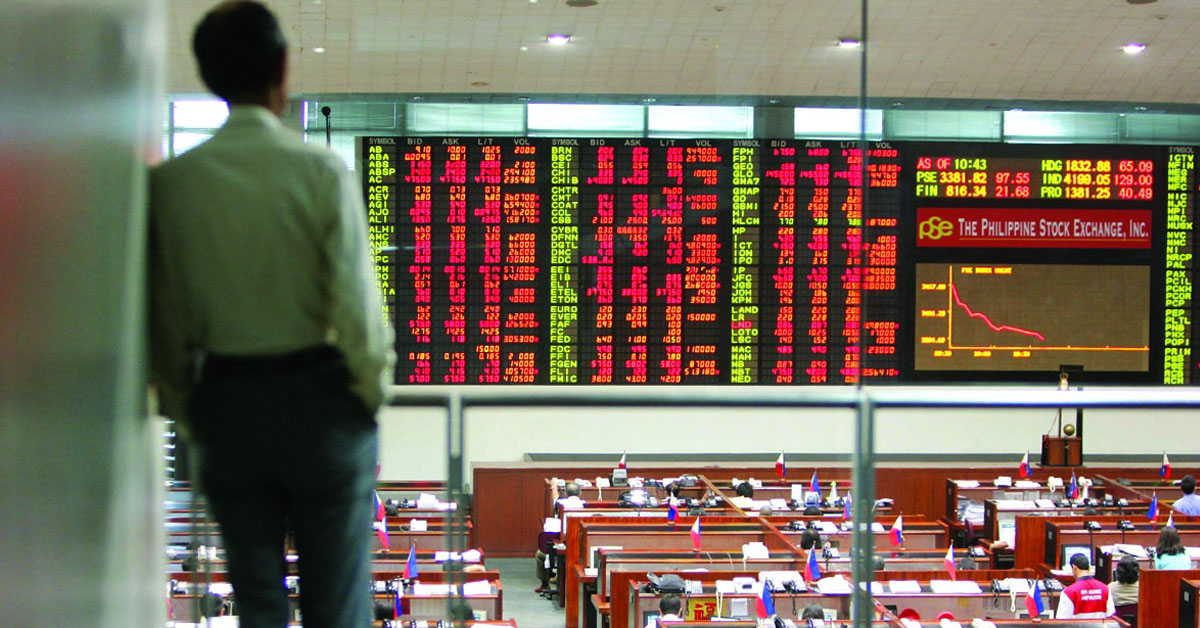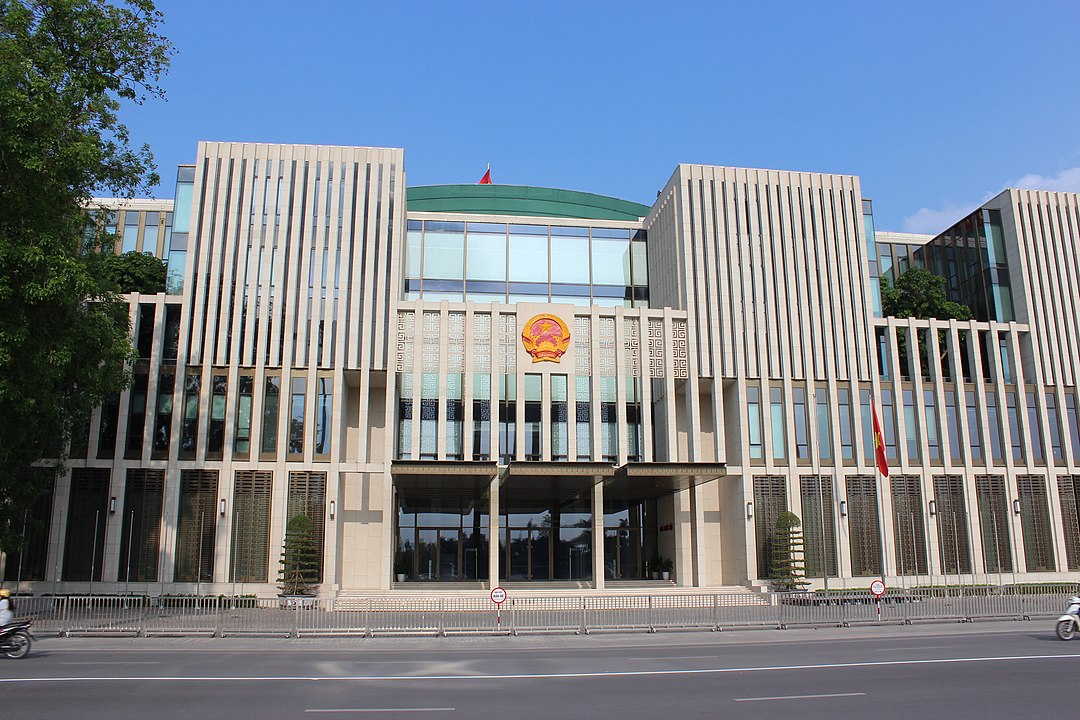 By Trang Nguyen, bizconsult Law Firm
By Trang Nguyen, bizconsult Law Firm
On June 17, 2020, the National Assembly officially passed a new Law on Enterprises (“New Law”) to replace the current Law on Enterprises. The New Law (effective from January 1, 2021) is expected to make a breakthrough in improving the corporate governance, enhance the enterprise’s initiative and create favourable conditions for foreign-invested enterprises to operate in Vietnam.
Reduce business registration procedures
The New Law reducing a number of administrative procedures, including, among others, eliminating the procedure for reporting changes in the information of the enterprise’s manager and the procedure for notification of seal samples with the business registration office to post it publicly on National Business Registration Portal before using.
In addition, regarding the method of enterprise registration, apart from the direct registration method at the business registration authority, Article 26 of the New Law added two other registration methods, which are registration via postal service and registration through the electronic information network, with legal validity equivalent to a hard copy.
Supplemental provisions on the obligations of the legal representatives
The New Law requires the company’s charter to specify the quantity, managerial title and rights and obligations of each legal representative. In case the division of rights and obligations of each legal representative is not clearly specified in the charter, each legal representative of the enterprise will be considered a duly authorised representative of the enterprise before a third party and all the legal representatives are jointly liable for any damage caused to the enterprise in accordance with the laws.
Changing regulation on term of capital contribution with assets
The New Law introduces new regulation on the term for capital contribution with assets of members/ shareholders. In particular, the term for capital contribution of the members/ shareholders remain 90 days from the date of issuance of the Enterprise Registration Certificate, but for members/ shareholders contributing capital with assets, the time for transferring, importing assets contributed as capital, implementing administrative procedures to transfer the ownership of such assets will not be counted to ensure the feasibility of contributing capital with assets of such members/ shareholders.

Issuance of bonds
Under the New Law, limited liability companies and joint stock companies is allowed to issue bonds. Limited liability companies and joint stock companies that are not public companies shall carry out the procedures for a private offering of bonds according to the provisions of the New Law, while the private offering of bonds by public joint-stock companies, other organizations or the public offering of bonds will follow the law on securities. It is noted that only strategic investors and professional securities investors are entitled to buy, be transferred bonds via private placement.
Expanding rights and scope of shareholders
Rather than holding 10 percent or more of the total amount of ordinary shares for at least 06 consecutive months or a smaller percentage as stipulated in the charter, the New Law prescribed that a shareholder or group of shareholders will only need to own five percent or more of the total amount of ordinary shares or a smaller percentage as stipulated in the company’s charter without a minimum holding period to exercise their right of accessing information regarding the operation of the enterprise, except for documents related to trade secrets, business secrets.
However, the right to nominate members to the board of directors, board of supervisors still reserves for shareholders or groups of shareholders owning 10 percent or more of the total amount of ordinary shares, unless otherwise stipulated in the charter with a smaller ratio.
Non-voting depositary receipt
For the first time, the Non-Voting Depositary Receipt (NVDR) is recorded in the content of the enterprise law. It is considered one of the remarkable points of the New Law.
Essentially, NVDR enjoys same economic benefits and obligations as ordinary shares, with the exception of voting rights. It is expected that a subsidiary of the Ho Chi Minh City Stock Exchange (HOSE) will be established and purchase these ordinary shares from companies, then issue NVDR’s to sell to investors in need. Detailed regulations shall be specified in the guiding decrees.
NVDR’s are expected to attract more indirect investment from foreign investors into companies with limited foreign ownership, but still ensures the target of state management as the investors owning NVDR’s do not have voting rights, and shall therefore not interfere in the operations of companies.
The New Law also reforms certain provisions on converting private enterprises into limited liability companies, joint stock companies, partnerships and converting household-businesses into enterprises, etc.

Hanoi:
T: (84) 0 24 3933 2129
F: (84) 0 24 3933 2130
E: info-hn@bizconsult.vn
Ho Chi Minh:
T: (84) 0 28 3910 6559
F: (84) 0 28 3910 6560
E: info-hcm@bizconsult.vn
Trang Nguyen
M: (84) 98 860 4260
E: trangnt@bizconsult.vn

























 Nguyen Anh Tuan
Nguyen Anh Tuan







